Introduction
When it comes to financing multifamily developments, boutique capital firms are making waves
by offering more flexible, personalized options than traditional banking institutions. These firms,
often smaller yet dynamic, are changing how investments and loans are arranged, particularly in
regions like Texas. Known for its growing urban landscapes and communities, Texas provides
fertile ground for multifamily development projects that seek tailored financial solutions. Looking
beyond the one-size-fits-all approaches common in larger financial institutions, boutique firms
leverage their expertise to understand and meet the unique needs of each project.
Multifamily development financing in Texas is a specialized field that requires an understanding
of both the real estate market and the various financial products available. From arranging
private loans to construction financing, boutique firms in Texas are stepping up by providing
customized solutions that align with the local market demands. They not only offer commercial
real estate loans but also provide advice on raising equity, capital advisory services, and access
to private capital sources. This personalized attention ensures that developments not only get
off the ground but thrive in the competitive real estate sector.
Understanding Multifamily Development Financing in Texas
Multifamily development, much like building a small community within a city, involves the
construction or renovation of properties designed to accommodate multiple families in separate
housing units. This can range from apartment complexes to townhouses. Such developments
have seen increased demand in urban areas across Texas due to population growth and
migration trends.
For aspiring developers, understanding the financing options can be crucial. Here are some key
financial requirements and options to consider for successfully entering the multifamily housing
market in Texas:
– Commercial real estate loans: These are often the cornerstone of any real estate development
project. They can be used for purchasing land, construction, or renovation. Many developers will
find that commercial loans through banks or specialized mortgage brokers cater to their
complex financial needs.
– Private loans and equity investment: Obtaining equity through private sources can offer more
flexible terms. Whether through joint ventures or direct equity investment, these can provide the
necessary capital injections without the restrictive covenants that might come with traditional
bank loans.
– Debt and equity brokerage services: These services can help align a project's financial
strategy with the right lenders or investors. By bridging gaps between debt and equity,
developers can secure the needed funding to ensure a steady cash flow throughout their
project’s lifecycle.
Choosing the right mix of funding requires careful planning and a clear understanding of what’s
available. Boutique firms in Texas can offer valuable insight into these choices, helping
developers create financing paths that are more tailored than what traditional lenders typically
provide.
Grander Capital's Innovative Approaches
Traditional loan structures don’t always fit the needs of multifamily developers, especially when
projects are complex or on tight timelines. That’s where boutique capital firms stand out. They
tend to structure deals based on the unique goals of each development, going far beyond
generic financing packages.
One of the primary ways boutique firms support multifamily development financing in Texas is
by blending strategic funding sources and offering customized loan structures. Developers work
with firms that take a hands-on approach, helping to build capital stacks layer by layer instead of
relying on a single funding source.
Here are two smart strategies often used:
– Blending equity and debt: Rather than depending solely on loans, developers often balance
private equity and debt financing. This setup can reduce monthly obligations and leave room in
the budget for construction or early-stage operations.
– Short-term flexibility with long-term planning: Some projects benefit from short-term bridge
loans or hard money financing to acquire land or begin initial construction. Once the project
stabilizes, it transitions to long-term fixed-rate financing.
A recent example in Texas involved a developer near Austin. They secured private equity for
land acquisition and used a bridge loan to launch construction quickly. After securing leases and
hitting performance benchmarks, they refinanced into a favorable long-term loan. This method
gave them room to maneuver around delays without jeopardizing the project’s financing.
Success Stories in Texas Multifamily Developments
Flexibility often plays a central role in successful developments. Whether it’s dealing with
permitting delays, rising material costs, or shifts in rental demand, adaptive financing can make
or break a project. Developments backed by boutique capital firms tend to see smoother
delivery and fewer structural setbacks.
Some recurring themes from boutique-financed projects that prospered in Texas include:
– Faster project starts due to leaner approval timelines
– Financing options that evolve as the project reaches different milestones
– Local market alignment that supports long-term tenant demand and growth
In fact, some urban Texas neighborhoods have seen real transformation thanks to
developments launched under flexible boutique structures. Starting with customized financing,
these projects allowed for phased construction, targeted leasing strategies, and better
integration with surrounding communities. Over time, these efforts didn’t just increase rental
stock—they created new hubs of economic activity.
Navigating The Future Of Multifamily Development In Texas
Multifamily development in Texas shows no signs of slowing. In fact, the need for more diverse
and strategically funded projects is increasing. With development timelines growing and market
conditions shifting, smart capital planning is more important than ever.
Some trends developers are already watching include:
1. New emphasis on mixed-use concepts
Projects that blend housing with retail or office space are earning broader funding support due
to their appeal in mid-sized urban centers.
2. Longer pre-construction planning cycles
More developers are spending time upfront with capital advisors to map out a financing
approach that works through every phase of the project.
3. Green and efficient building standards
Developers exploring sustainable construction are gaining access to new pools of capital
geared toward environmentally friendly development.
Forward-thinking developers are stacking capital in smarter ways, often moving beyond the
banks to work with more agile capital partners. This makes it easier to respond to evolving
demands without restarting the entire process.
Transform Your Multifamily Investment with Grander Capital
Multifamily development isn’t just about construction—it’s about creating something that works
today and holds up over time. Whether the goal is consistent rental income, refinancing, or
overall value growth, starting with the right financing partner helps lay the foundation.
By working with boutique capital firms that understand multifamily development financing in
Texas, developers improve their chance of staying ahead. From land acquisition through lease-
up, needing flexible capital solutions isn’t just helpful—it’s crucial to long-term success.
The earlier developers bring in a capital advisor who truly knows the Texas market, the better
equipped they are to move forward with confidence and build something lasting. Grander
Capital works with developers to align strategy with real options, moving plans from concept
through completion.
To make your next project stronger from the ground up, take a closer look at how Grander
Capital supports developers with smart strategies, flexible terms, and hands-on support for
everything from debt structuring to multifamily development financing in Texas.

